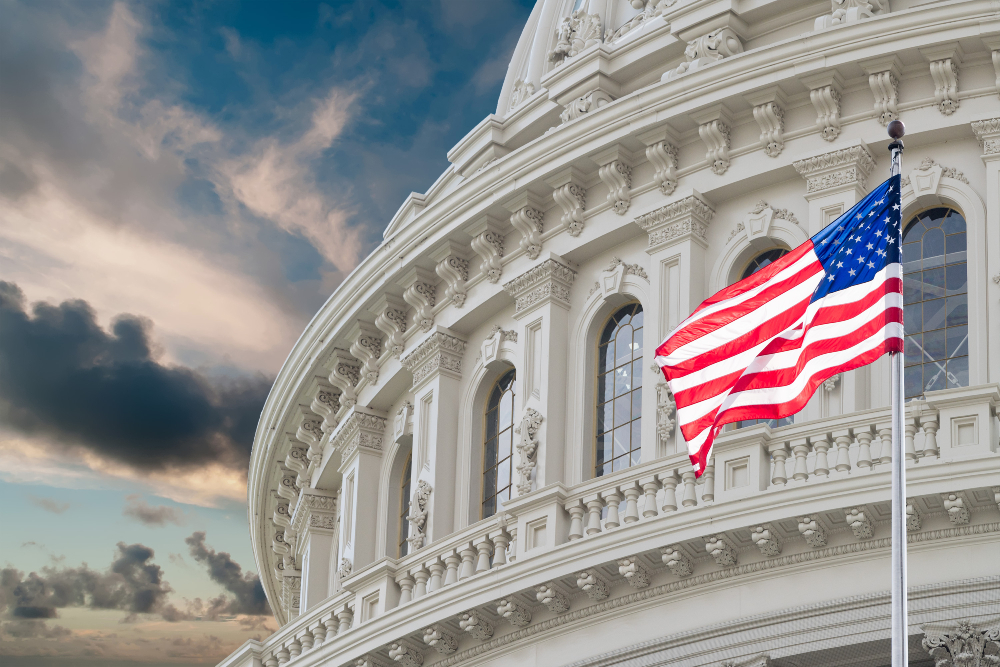Accusations of job-related misconduct carry significant consequences for federal employees. While federal employees benefit from significant job-related protections, this job security is not without its limitations. Instances of misconduct can result in termination for federal employees in certain circumstances. Even when allegations of misconduct do not rise to the level of warranting removal, they can still result in penalties such as suspensions, demotions, or other disciplinary actions.
If you are a federal employee facing accusations of job-related misconduct, it is crucial to understand your rights and take appropriate action. Seek guidance from The Spiggle Law Firm. We have extensive experience in federal employment matters and will work diligently to safeguard your career, your rights, and your interests every step of the way.
Adverse Actions as a Federal Employee
In the realm of federal employment, adverse actions have a different meaning. Job-related misconduct can result in “adverse actions,” which are the most severe forms of punishment. Under federal law, there are three primary categories of adverse action for US government employees. They are as follows:
- Suspensions Over 14 Days: A suspension exceeding 14 days is considered an adverse action. Federal employees subjected to such suspensions must receive written notice at least 30 days in advance.
- Demotion or Pay Decrease: Federal employers have the authority to impose demotions or reductions in pay as adverse actions for various forms of misconduct.
- Termination of Employment: In cases involving serious misconduct, federal employees may face removal or termination of their employment.
It is essential for federal employees to be aware of these adverse actions and understand their rights and options when facing allegations of misconduct. Seeking guidance from an attorney knowledgeable in federal employment law can provide valuable assistance in navigating the complex process and protecting one’s interests.
Disciplinary Actions as a Federal Employee
In situations where misconduct does not warrant more severe adverse action, federal employers may opt for “disciplinary action.” However, it is worth noting that in some cases, disciplinary actions can serve as a foundation for future adverse actions against employees. Disciplinary actions within the federal employment system can take various forms, including:
- Verbal or Written Counseling: Counseling is a milder form of disciplinary action typically used for minor and isolated infractions.
- Letters of Reprimand: Letters of reprimand carry more weight than counseling and are placed in the federal employee’s file as a more serious disciplinary measure.
- Suspensions Under 14 Days: Suspensions of 14 days or less are considered a form of disciplinary action. Unlike longer suspensions, the government can provide as little as 24 hours notice in these cases.
Whether you are facing adverse action or disciplinary action, both of which may increase the risk of future adverse action, your career may be on the line. Discuss your situation with a legal representative who can help you explore various defense strategies against misconduct allegations. While complete protection from adverse or disciplinary action cannot be guaranteed, your attorney may be able to assist in mitigating the consequences and preserving your federal employment. If you need legal guidance, contact our employment lawyers in Alexandria, VA today.
Fighting an Adverse Action or Disciplinary Action as a Federal Employee
Federal employees are subject to a set of regulations and rules related to workplace conduct, and allegations of misconduct can lead to disciplinary action or even termination. The consequences of job-related misconduct can vary depending on the nature and severity of the misconduct, as well as the employee’s position and level of responsibility within the federal government.
Federal employees are generally protected by due process rights, which include the right to notice of the allegations, an opportunity to respond to the allegations, and a hearing before a neutral decision-maker. However, the burden of proof in these cases is typically lower than in criminal cases, and employees may be subject to discipline even if they are not convicted of a crime.
Federal agencies also have their own internal processes for investigating and disciplining employees for misconduct. These processes typically involve an investigation by the agency’s Office of Inspector General (OIG) or another internal investigative body, followed by a review by the agency’s decision-maker, such as a supervisor or administrative judge.
Experienced Alexandria Employment Lawyers Defending Federal Employees
Whether you are dealing with accusations of misconduct or simply need guidance on another workplace issue, contact The Spiggle Law Firm for a case review. By partnering with a knowledgeable professional, you can safeguard your rights, explore your options, and make informed decisions. We can help prepare you for the decisions you’ll need to make with compassion and care.
Contact The Spiggle Law Firm today by calling (202) 449-8527 or filling out our convenient contact form for more information about how our Alexandria employment attorneys can help.





